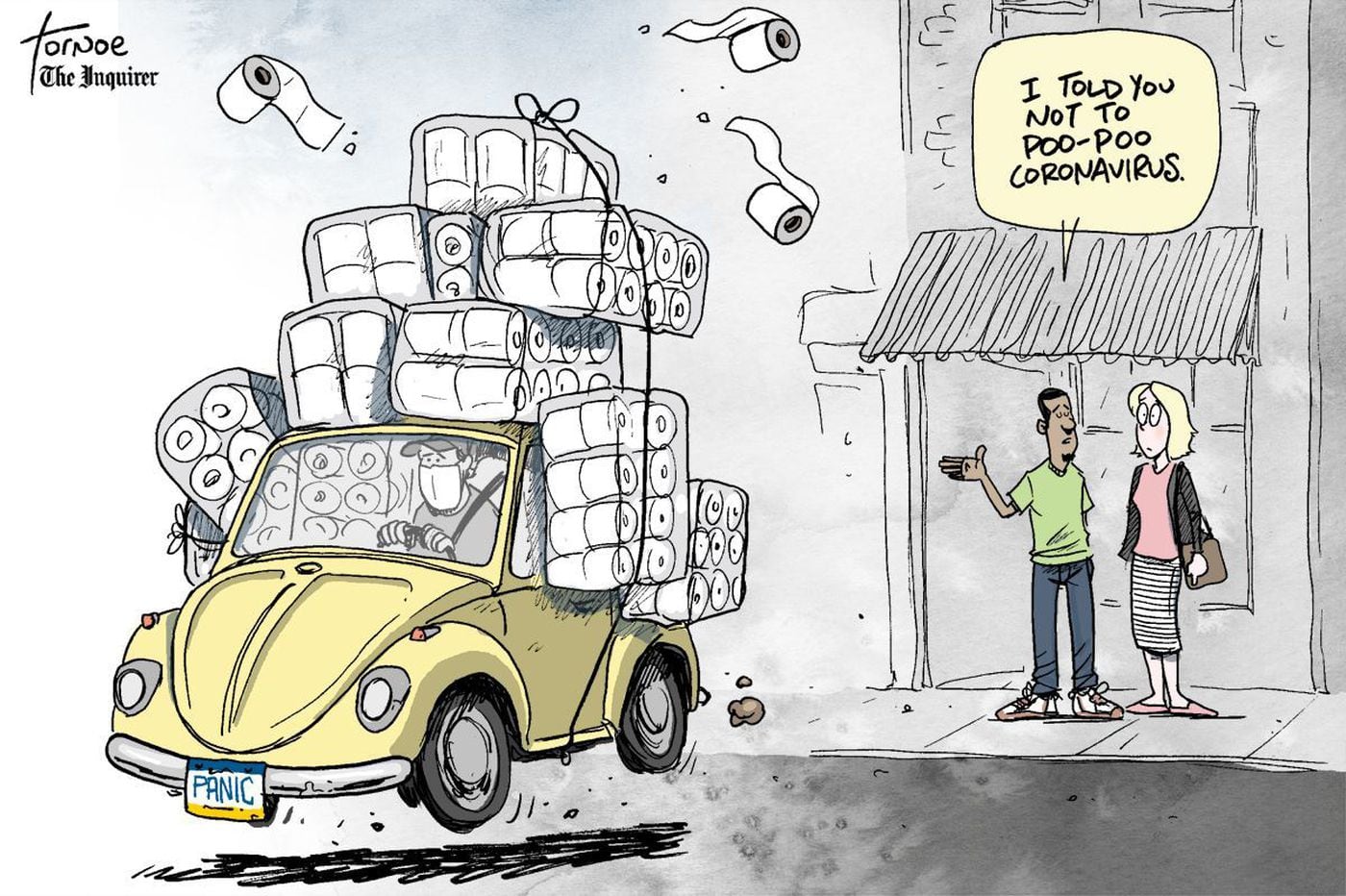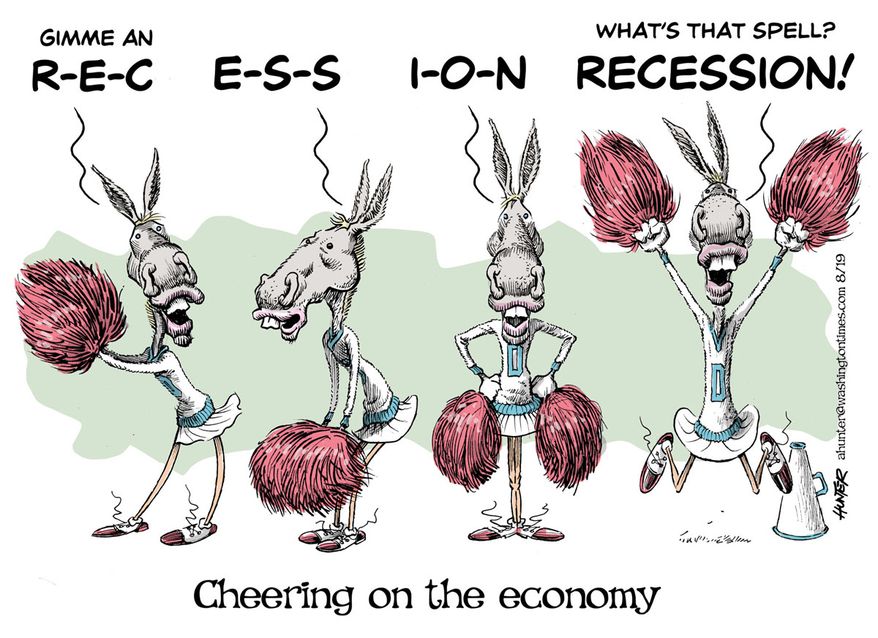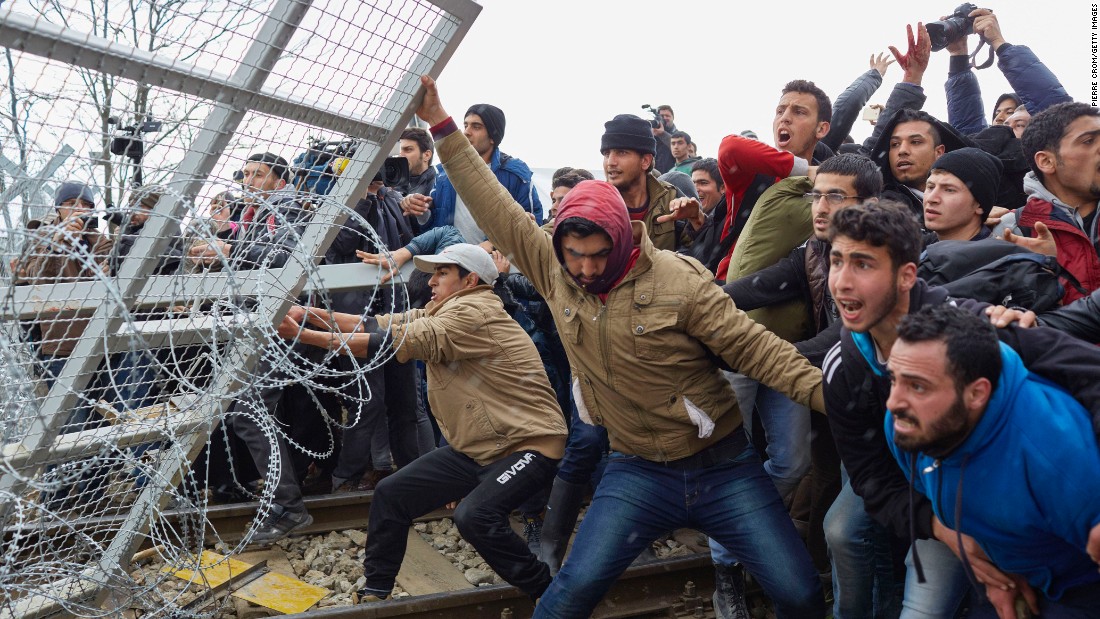
A coronavirus is an invisible threat, and it is making vivid the shortcomings of our health care systems.
The world is a “a playground” for viruses like the novel coronavirus that causes Covid-19, infectious disease experts wrote last week in the New England Journal of Medicine. “We must realize that in our crowded world of 7.8 billion people, a combination of altered human behaviors, environmental changes, and inadequate global public health mechanisms now easily turn obscure animal viruses into existential human threats.”
There is still a chance that the outbreak, which has now spread to six continents, will stall out. China’s willingness to impose draconian, unprecedented quarantines has bought everyone time.
But the outbreak should be a wake-up call one ignored with the less widespread outbreak of SARS in 2003 and the not-so-deadly flu pandemic of 2009 — about infectious threats that we face together and that exploit vulnerabilities associated with income inequality, health disparities, and our slowness to recognize threats.
Since the healthcare system can't absorb/treat a sizable sickness related to Covid, then the only alternative is to shut down whatever we can. That itself will impact the economics badly. Just a thought.








